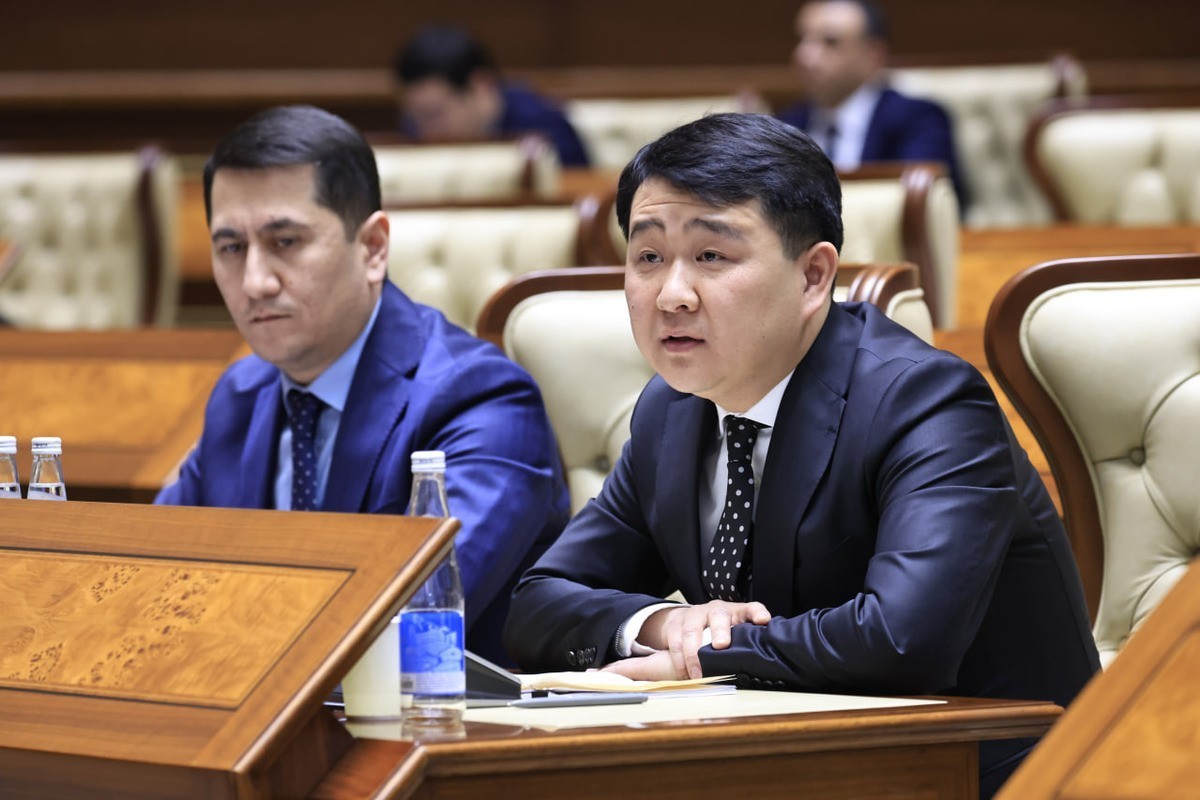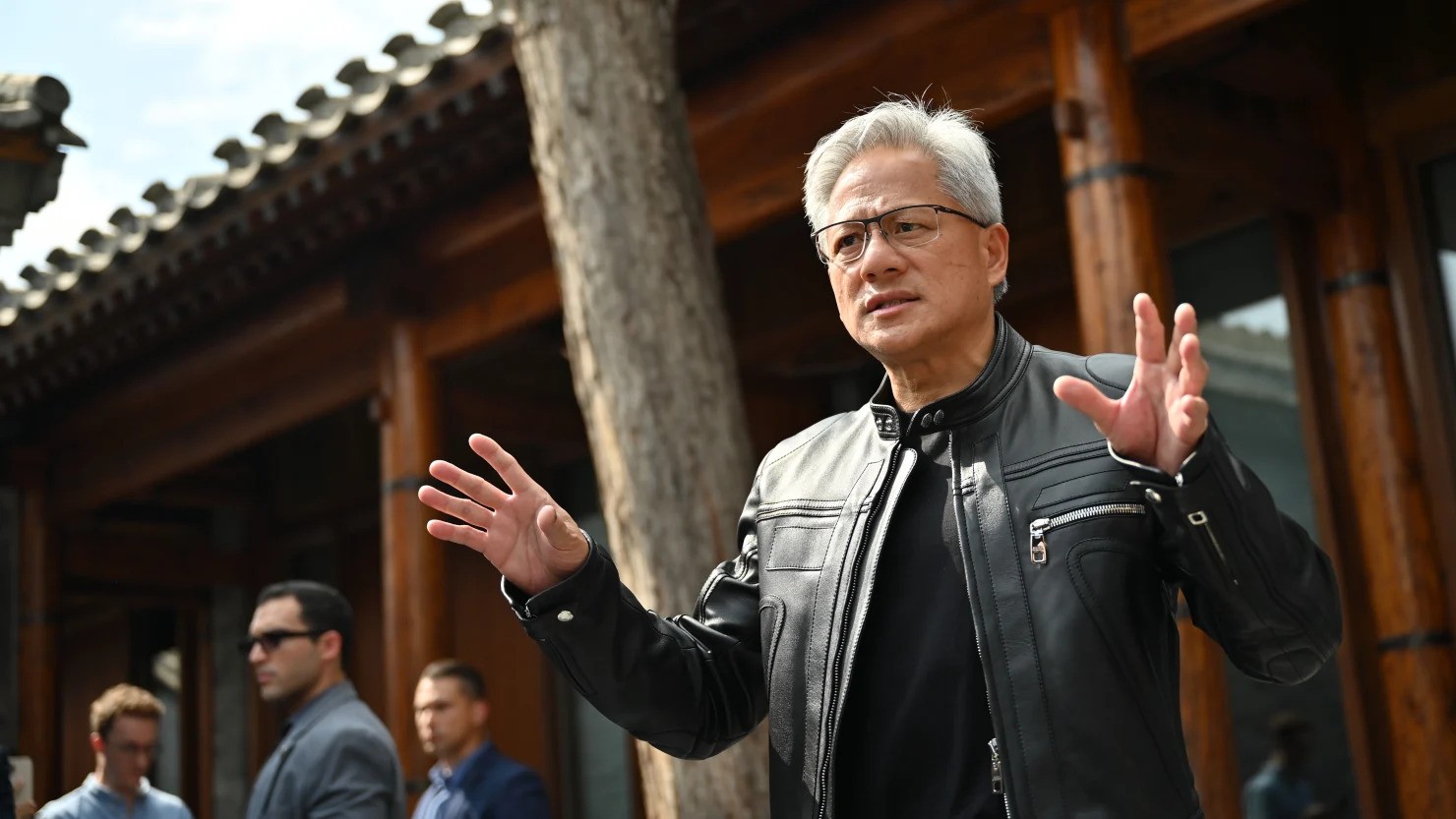Chinese chip manufacturer Yangtze Memory Technologies Co. (YMTC) filed a lawsuit against the American company Micron Technology and the PR agency DCI Group in the US District Court. The statement alleges that the defendants participated in a targeted campaign to discredit YMTC by spreading false information about its alleged ties to the Chinese military and threats to US national security.
According to the plaintiff, the Internet resource China Tech Threat, whose authorship and funding were not officially disclosed, posted materials that represent the Chinese company as a potential espionage tool controlled by the Chinese Communist Party or the People's Liberation Army. One of the central episodes is the publication of a report called " Silicon Sale: how Apple's partnership with Chinese chip manufacturer YMTC threatens national security."
The lawsuit says that DCI, allegedly behind the China Tech Threat, was engaged in creating the illusion of public opinion ("astroterfing" tactics), and Micron, according to YMTC, used this to pressure a competitor. The plaintiff claims that the charges are not only groundless, but also deliberately false, since the defendants themselves have sufficient technical expertise to understand that flash memory cannot be used for espionage without the involvement of the end device manufacturer.
YMTC points out that it does not manufacture chips capable of secretly transmitting data, and does not have access to user devices. At the same time, the lawsuit captures a broader political context in which Chinese technology companies are the object of increased attention from the US authorities. In particular, the National Security Law of the People's Republic of China is mentioned, which theoretically obliges companies to assist the Chinese government in intelligence matters.
Some U.S. intelligence sources have expressed concerns that members of the Chinese Communist Party who work in the foreign offices of Chinese technology companies may use their position to gather information. Although such suspicions are not officially confirmed, they do affect the perception of Chinese brands in the United States.
In turn, in 2023, Chinese authorities restricted the sale of certain Micron products in the domestic market, citing " unspecified shortcomings." The move was seen as part of the growing technological competition between the two countries. The legal dispute between YMTC and Micron also has a history: the companies have previously been involved in litigation over alleged patent infringement.
The current YMTC lawsuit adds to the tense technology environment and highlights the changing nature of competition in the global semiconductor sector-from patent disputes to information campaigns and national security issues.














